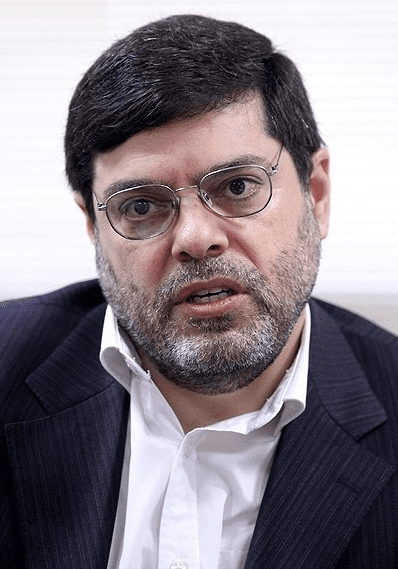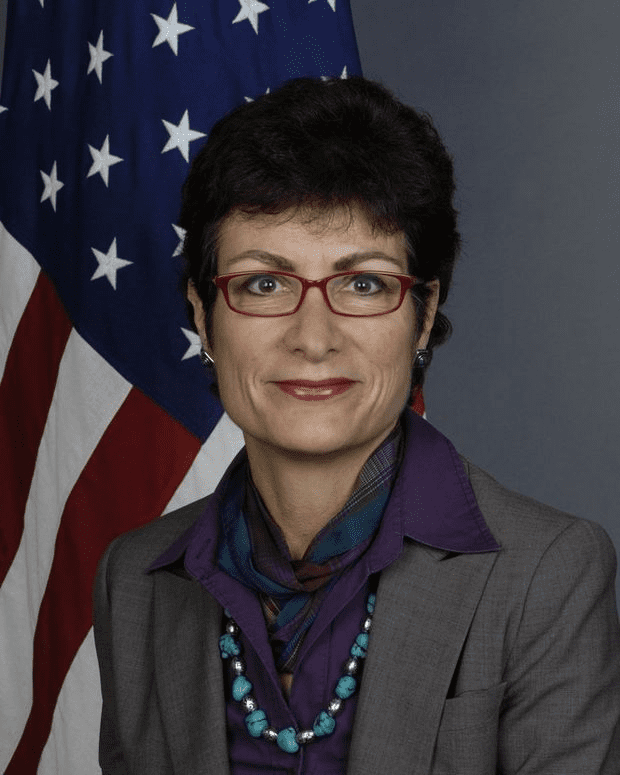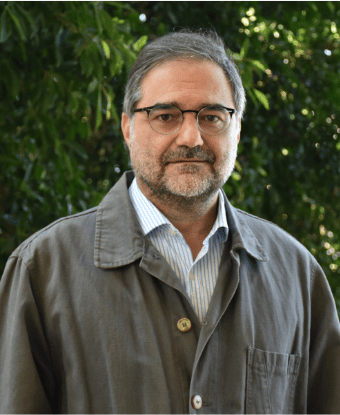The Middle East Reset:
A New Regional Order in the Making?
October 2, 2022
Summary
The Middle East Council on Global Affairs (ME Council) held a public event on October 2, 2022 to reflect on regional order and its impacts on policy debates in the Middle East about the region’s place in the global system in a context of global uncertainty and instability. The ongoing Russia-Ukraine war and rising tensions between China and the United States (U.S.) will have important effects on regional dynamics. Tarik M. Yousef, director and senior fellow at the Council, moderated the discussion between the distinguished panel of experts: Joseph Bahout, director of the Issam Fares Institute for Public Policy and International Affairs at the American University of Beirut; Patricia M. Haslach, former U.S. ambassador and global policy adviser at Brooch Associates; Seyed Mohammad Marandi, political advisor and professor at the University of Tehran; and Taha Ozhan, research director at the Ankara Institute.
Bahout opened the conversation by emphasizing the current volatility in the international and regional orders. The international system has undergone a transformation from unipolarity to highly destabilized apolarity in recent years, which has increased regional powers’ ability to make decisions on some issues without the influence of external actors. Yet, regional powers’ agendas are often disruptive and overly transactional, such as a recent deal between Israel and Lebanon establishing a truce along the southern maritime border and Turkey’s arrangements with Gulf states. Such short-sighted transactions do not address the roots of conflicts in the region and often contribute to long-term instabilities in the region.
Haslach followed up with her analysis that, on the macro level, the new world order could benefit the Middle East if handled properly. The United States is committed to security in the region and welcomes a multipolar approach with greater participation from regional powers that also have an interest in the Middle East’s security. Cooperative blocks and alliances can emerge on various issues to help address security challenges, in terms of situations involving Yemen and Saudi Arabia, Egypt and Sudan, Turkey and Syria. The Russia-Ukraine war has reversed or delayed the “pivot to Asia,” making Middle Eastern countries relevant and necessary partners in the ongoing energy crisis; the U.S. is no longer pivoting away from the region but counting on it to do more. Moreover, other global powers like China have not indicated that they wish to, or have the capacity and resources to, replace the U.S. as a regional hegemon. China faces demographic challenges, and its influence is limited by the Quadrilateral Security Dialogue (Quad) and Asian leaders’ engagement with North Atlantic Treaty Organization (NATO). In Haslach’s view, Gulf countries have a crucial role to play in fortifying international norms that contribute to the emerging world order and can benefit them, as well as in seeking cooperation with regional and external actors on shared security issues.
Marandi intervened, asserting that the regional situation is better characterized as one of multipolar disorder, the roots of which extend back to the Reagan and Clinton administrations. Their interventions in the region and perpetual wars generated and intensified regional instability. Marandi noted that, following the Islamic Revolution, Iran has become increasingly independent from European and American influence in its decision-making processes. In his analysis, the renewed JCPOA negotiations are hampered by a lack of trust between the powers, given the delay tactics and recent sanctions employed by the United States. This has pushed Iran to seek alternative partners and join international agreements; most notably, in September, Iran signed a memorandum to join the Shanghai Cooperation Organization (SCO). Such changes, Marandi contended, are introducing new bilateral dynamics that could propel Iran toward Russia, China, and other non-Western countries.
Ozhan turned the discussion to Turkish foreign policy and the need for more nuanced analyses of “normalization.” In his view, the word “normalization” implies a strategic depth and set of values that are not evident in the recent developments and relations between Turkey and Israel, which merely mark the restoration of ties that had been cut off for several years. For years, Turkish foreign policy was animated by Cold War dynamics, with security provided by the NATO umbrella. 2003 marked a divergence from acquiescing to the Western status quo, as a civilian intervention in Turkey went against establishment forces to produce a policy set to actively reject the U.S. occupation of Iraq. This policy set encompassed an approach to EU membership, democratization, the Arab Spring, and other issues. A similar vision has yet to materialize in terms of Turkey’s and other regional countries’ foreign policy agendas in the current moment; no country has offered a viable strategy or policy set for changing things in the region. Yet, one point of possible agreement is on the issue of stability, which will come at the expense of popular calls for democratization or other political aspirations. Under an emerging consensus about stability, the Palestinian issue and radical reforms within countries may be sidelined.
The subsequent question and answer session focused on the changing role of international organizations in our current moment. Great crises often produce new international norms, institutions, and systems for dealing with pressing issues. For example, the League of Nations and United Nations (UN) were established following the catastrophes of world wars. The question was posed as to whether, like other crises, the Ukraine War could push great powers to support human rights and democratic efforts in the region more genuinely, especially when it comes to Israel and the Palestinian territories. In response, Bahout and Haslach agreed that one of the central issues of the international system is the dysfunction and inflexibility of the UN Security Council (UNSC) and its veto system. Both reiterated the need for UNSC reform, hopefully prior to a major crisis. For his part, Bahout was not optimistic about the possibility of European support for human rights and democracy; when faced with Arab revolutions and the flow of refugees, European governments retrenched into an “old security” approach, forgetting that democratization takes time. Haslach added that Gulf cooperation with Asia—such as with Iran being accepted as a full member of the SCO and Saudi Arabia and Qatar as dialogue members—is not mutually exclusive with cooperation with the West, and partnerships may emerge between China and the U.S. in the region. To this, Marandi pointed out that the SCO offers a chance for new partnerships to increase regional resiliency in the event of a global recession. He also responded by highlighting that cooperation with foreign powers has not often been constructive and the emerging regional dynamics offer a chance for countries to develop their own solutions. Bahout echoed this by suggesting that countries collectively develop a pragmatic system for managing and mitigating this disorder.
Speakers

Seyed Mohammad Marandi
Political advisor, Professor, University of Tehran

Patricia M. Haslach
Former U.S. Ambassador, Global Policy Adviser, Brooch Associates
Taha Ozhan
Research Director, Ankara Institute


